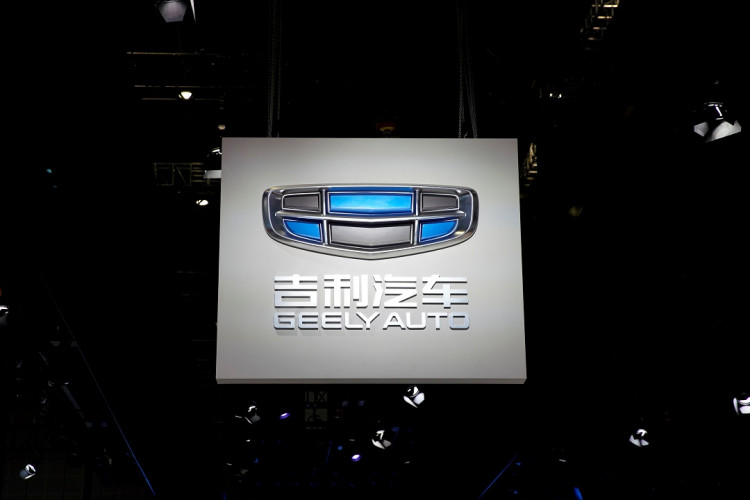To reduce cost, expand operations, and to help in its planned electrification, Chinese firm Geely Auto and its Swedish subsidiary Volvo Cars announced plans to merge engine operations. The proposed merger will result in the establishment of a separate and stand-alone business unit that will focus primarily on building engines for the company and for third-part automakers.
According to the parent company of both firms, Zhejiang Geely Holding Group, the new business unit will be made to focus on the development of advanced fossil-fueled engines and hybrid powertrains to be used across the company's brands. It was mentioned in the statement released on Monday that the business unit will be catering outside customers.
Zhejiang Geely expects the merger to result in the better synergy between its different brands, including but not limited to Geely Auto, Lotus Cars, Proton, and Volvo Cars. With the separate entity focusing primarily on the development, manufacturing, operations, and procurement of powertrains, the company expects the move to significantly boost efficiency and cut costs.
Analysts have stated that Geely's decision is similar to the moves made by other major carmakers. Companies such as Toyota and Volkswagen have made similar moves and are basically sharing their platforms and powertrains across all their different brands.
Having a separate entity supply its engines will greatly increase the company's production capacity in the long run. Geely currently produces more than 1.5 million vehicles under its Geely Auto brand, while it produces around 600,000 vehicles per year for its Volvo brand.
Geely president An Conghui explained that the move is also meant to help the company transition into the electric era. However, Geely is still committed to increasing its investment in the development of advanced combustion engines and hybrid systems in the short-term.
Among all of the other Chinese carmakers, Geely is one of the biggest spenders when it comes to research and development. Over the past decade, the company has reportedly spent around $14 billion in R&D, establishing five major facilities and employing over 20,000 engineers.
Geely's investments have so far paid off with the development of new powertrains and technologies for vehicles across all of its brands. The automaker recently unveiled its 48-volt hybrid system, which it expects to be used in its new hybrid models slated to be released in 2022.
After Geely acquired Volvo from Ford in 2010, the Swedish brand has been producing its popular sedans and SUVs mostly in China. According to Volvo, the separation of its engine production should allow it to focus more on the development of its premium electric vehicles. Volvo expects half of its global sales to be from its fully electric models by 2025.






